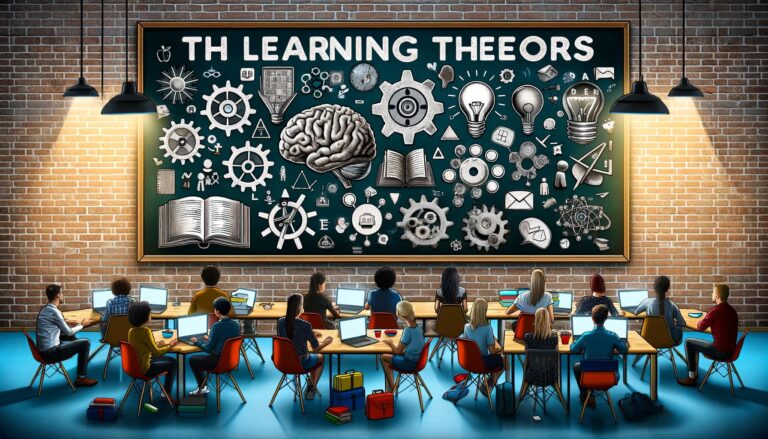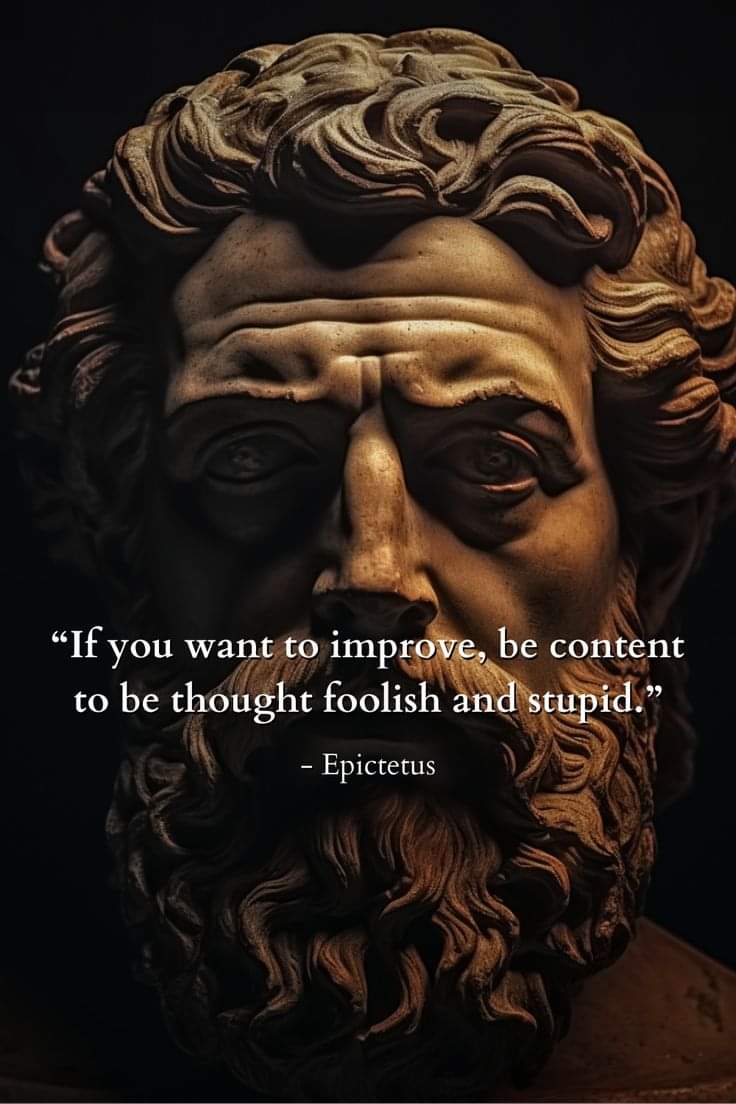Why Bother Remembering Stuff Anymore?
We encourage people to remember information for×「encourage people to do」は「人々に〜することを勧める・促す」という意味です。
例文:
Teachers encourage students to study hard.
教師は生徒たちに一生懸命勉強するよう促します。 several important reasons, even though×「even though」は「〜だけれども」「〜にもかかわらず」という譲歩を表す接続詞です。
例文:
He went to work even though he was sick.
彼は病気だったにもかかわらず仕事に行きました。 they can look it up×「look up」は「調べる」という意味の句動詞です。
例文:
I looked up the word in the dictionary.
私はその単語を辞書で調べました。 in the real world×「in the real world」は「現実世界で」「実際の生活において」という意味の慣用句です。
例文:
These skills are useful in the real world.
これらのスキルは実生活で役立ちます。:
- Efficiency×「効率」「効率性」という意味の名詞です。ビジネスや学術的な文脈でよく使用されます。
例文:
We need to improve efficiency in our work.
私たちは仕事の効率を上げる必要があります。: Remembered information can be accessed instantly×「remembered information」は「記憶された情報」という意味で、「can be accessed」は「アクセスできる」という受動態の表現です。
例文:
Stored data can be accessed anytime.
保存されたデータはいつでもアクセスできます。, allowing for quicker decision-making×「allow for」は「〜を可能にする」という意味の句動詞です。
例文:
This system allows for faster processing.
このシステムはより速い処理を可能にします。 and smoother conversations×「smooth」は「円滑な」という形容詞で、ここでは会話が自然に流れることを表します。
例文:
We had a smooth conversation.
私たちは円滑な会話を交わしました。, which is especially beneficial×「which is especially beneficial」は「それは特に有益である」という意味で、前述の内容を指す関係代名詞節です。
例文:
Exercise is good for health, which is especially beneficial for elderly people.
運動は健康に良く、それは特に高齢者に有益です。 in situations where quick responses are necessary×「in situations where」は「〜という状況において」という意味の句です。whereは関係副詞として使われています。
例文:
This is useful in situations where you need help.
これは助けが必要な状況で役立ちます。. - Foundation for Understanding: Memorizing key facts and concepts builds a foundation that makes it easier to learn and understand new, related information. This foundational knowledge helps in applying and integrating new ideas effectively.
- Cognitive Benefits: The process of memorization contributes to cognitive development, including problem-solving, critical thinking, and creativity. It also plays a role in maintaining cognitive health and preventing decline.
- Situational Limitations: In scenarios without access to technology—such as during emergencies, outdoor activities, or in places with limited internet—having information stored in memory is invaluable.
- Expertise Development: Professionals rely on a strong memory to handle complex tasks quickly and efficiently. Expert-level knowledge is built on a vast store of information that is readily accessible from memory.
- Personal Identity and Experience: Memory forms a core part of who we are, shaping personal experiences, emotions, and relationships. While external resources are great for facts, personal memories contribute to our sense of self.
- Creativity and Innovation: Creative processes often involve combining diverse pieces of information to generate new ideas. A rich memory bank supports this kind of innovation.
- Reduced Cognitive Load: Relying on memory for routine or frequently used information frees up mental resources, allowing for better focus on more complex tasks.
- Educational and Learning Skills: Learning how to remember information is valuable for developing effective study habits and strategies that are useful across many areas of life.
In essence, while technology provides convenient access to information, there are still significant advantages to having important knowledge memorized. Balancing what is remembered and what is looked up, based on context and need, appears to be the most effective approach.





